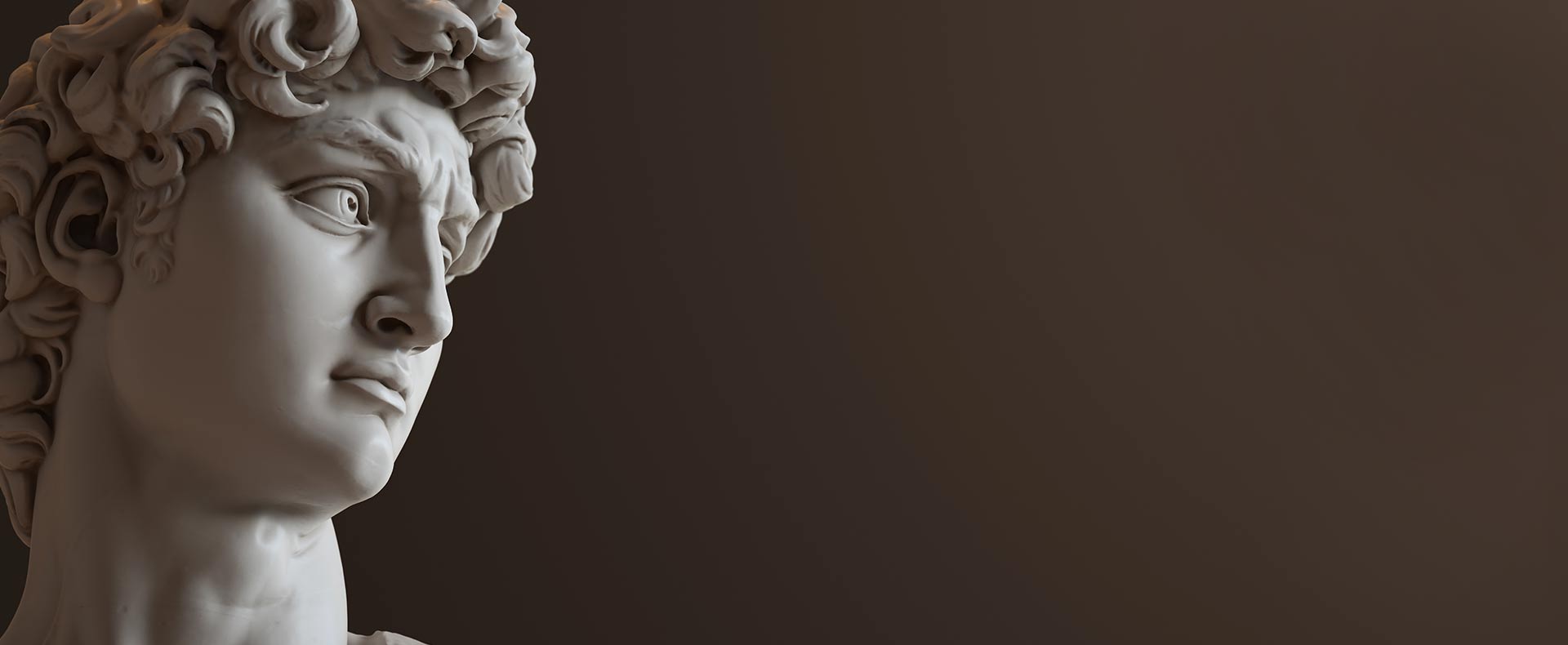

Presents
One Day University
Fascinating talks by over 300 remarkable professors
chosen from 150 top-tier schools.
One Day University Seattle Times Series
Sponsored by

Looking for Films that Changed America, streaming live on May 27 at 5:30pm PDT/8:30pm EDT? Click Here.
On May 25, 26 and 27 at 8:30pm ET/5:30pm PT, One Day University will be presenting three remarkable talks featuring award-winning professors from across the country.
Each talk is about 45 minutes with a 15 minute Q&A session. We hope you’ll join us for one, two, or all three of these talks and rediscover the joy of lifelong learning.
A link to view the talks will be sent to all registrants prior to each session.
The talks are FREE thanks to The Seattle Times and AARP Washington, but you must register.

UNEXPLAINED HISTORY: WHAT HISTORIANS STILL DON’T UNDERSTAND
Caroline Winterer / Stanford University
Unexplained History
Despite what the song “Wonderful World” says, there’s a lot we know about history. But there are still some pretty big gaps in our knowledge, for the simple reason that a lot of information about the past gets lost over time. Wars, fires, floods, deliberate destruction, or just plain carelessness—all of these factors and more contribute to some pretty fascinating historical mysteries.
INTERESTING UNKNOWN HISTORICAL EVENTS
Together, we’ll discuss the latest reliable evidence and theories for some major events, people, and buildings that fascinate all of us. Who were the first Americans, and when—and how—did they arrive? How on earth did Stonehenge get built? What did Cleopatra look like? What caused the Salem witchcraft outbreak of 1692? All of these, and more, will be examined during this fun and fascinating talk.

ETHICAL DILEMMAS AND MODERN MEDICINE: QUESTIONS NOBODY WANTS TO ASK
Jacob Appel / Brown University
Medical Ethical Questions, Dilemmas & Issues
The same medical technologies that have brought us miracle drugs and unprecedented longevity are also forcing us to confront increasingly difficult ethical dilemmas. Should taxpayers spend several million dollars to prolong one patient’s life for one month? Can genes be patented? How ought judges respond when doctors and family members disagree on the very definition of death?
Today, most challenges in bioethics arise from two relatively novel sets of issues: 1.) conflicts over scarce healthcare resources and 2.) the desire of philosophical and religious minorities to be opt out of established medical norms. How society ultimately resolves these questions is not simply an abstract matter for debate by philosophers and ethicists. Rather, the outcome of these controversies is likely to affect each and every one of us when we or our loved ones become ill. This lecture will examine some paradigmatic recent cases in the field of bioethics and will offer students a framework for analyzing future cases on their own.

FOUR FILMS THAT CHANGED AMERICA
Marc Lapadula / Yale University
Movies That Changed Public Opinion
While most works of cinema are produced for mass-entertainment and escapism, a peculiar minority have had a profound influence on our culture and changed society. Whether intentionally or not, some movies have brought social issues to light, changed laws, forwarded ideologies both good and bad, and altered the course of American history through their resounding impact on society. Renowned Yale Film Professor Marc Lapadula will discuss four films that, for better or worse, made their mark.
MOVIES THAT CHANGED SOCIETY
The Jazz Singer
I Am a Fugitive From a Chain Gang
The Graduate
Easy Rider

